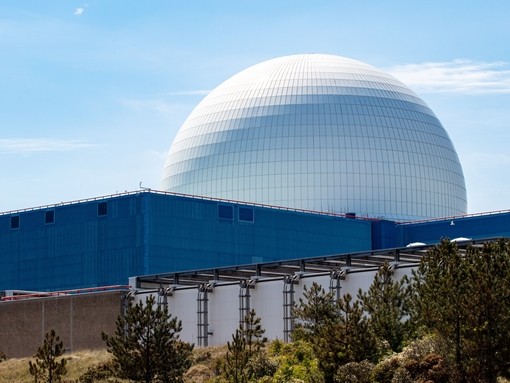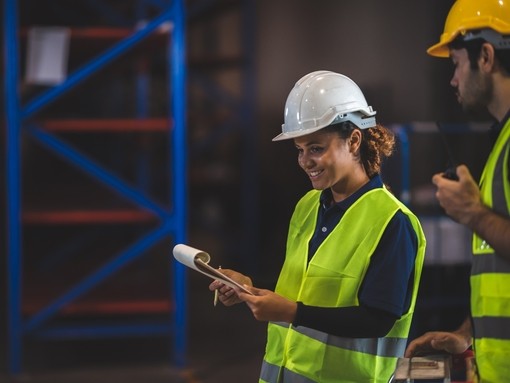
Precious Metals From Electronics | First UK Recycling Plant to Open in Cheshire
The world has become incredibly reliant on electronic and computing technology. With new versions of major devices like smartphones available pretty much every year, the constant quest for the upgrade also comes with a side effect – eventually, the older devices and the components from which they’re made are disposed of.
A UN report recently found that over £7.9 billion worth of platinum, gold and other precious metals were dumped every year as part of electronic devices. The UK House of Commons has called this an unsustainable approach to waste and called for immediate action, given that the UK produces more so-called ‘e-waste’ than the EU average.
Currently, recyclers in the UK are required to send printed circuit boards to Europe in order to have the precious metals extracted and recycled. With Brexit looming on the horizon, the costs of this are expected to rise. In response to this, it has been announced that the first commercial refinery for extracting precious metals from electronic waste in the UK is to be built in Cheshire.
A New Zealand start-up, Mint Innovation, plans to open the facility within 12 months following a period of delays caused by the Covid-19 crisis. It will be the world’s first such facility to use bacteria rather than cyanide-based processes.
Mint was set up in 2016 to develop a bio-refinery that combines hydrometallurgy and biotechnology to safely extract metals – including gold, palladium, silver and copper – from e-waste.
Ollie Crush, the company’s chief scientific officer, says the key features of its refineries are that they are low-cost, green, and local to where the waste is being created:
“The plants are very agricultural, more like a small microbrewery. The regulatory tailwind is for western nations to handle their own waste stream. We offer the same yield as the big smelters, the same level of service and more quickly. But unlike the smelters, we do not use cyanide and we use less energy, less CO2, less water, less waste. A refinery can be popped into any nation, region or city.”
The Cheshire refinery will initially be able to process 20 tonnes of e-waste per day and, if the demand is there, this can be scaled up. Another plant in the south of England is being considered and a further site is planned for Sydney, Australia.
HSQE director at Morson, Gareth Morris, welcomed the refinery:
“The UK produces 24.9kg of e-waste per person, 30% higher than the European average, so it is great to see this innovative solution based in the UK to help reduce the UK e-waste.”













